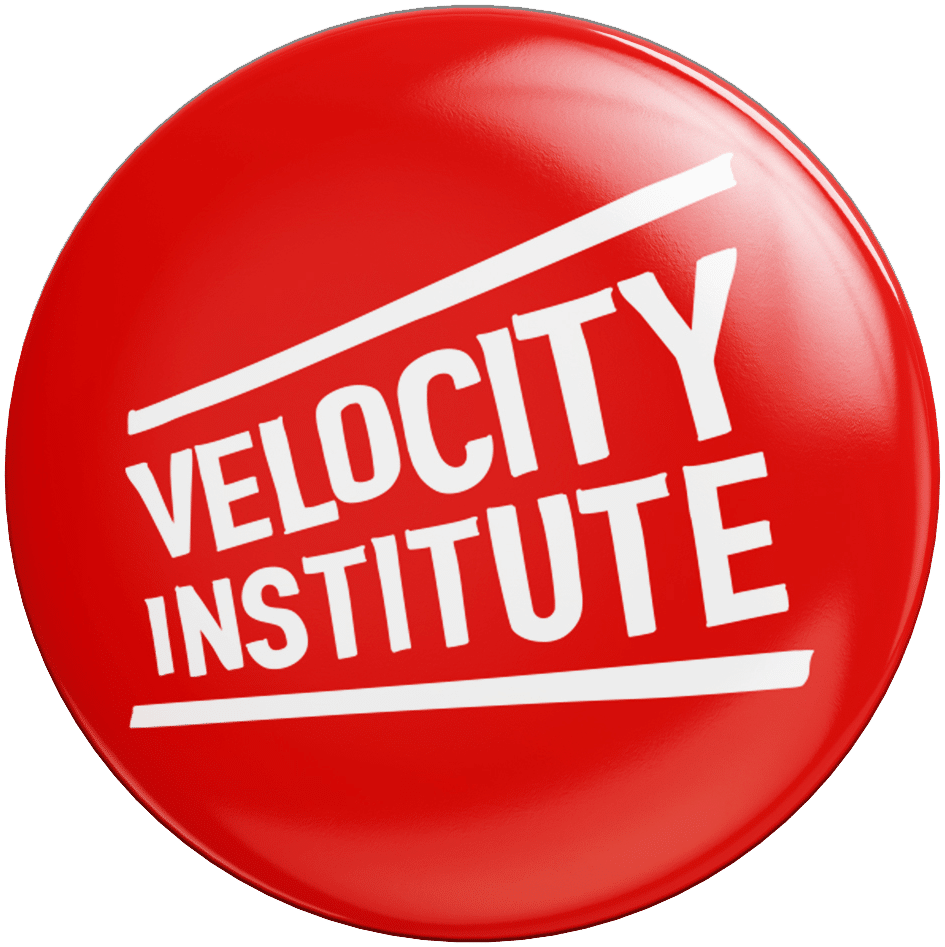Sustainability has a crucial role to play in Private Brands, and it’s important for retail brand owners to establish strategies to make progress.
That was a central point from the inaugural My Private Brand Virtual Sustainability Summit held late last week.
Live speaker presentations focused on how sustainability drives loyalty, differentiation and profitability — and how it’s important to maintain momentum in the midst of the pandemic.
Registered attendees included about 200 retailers, who came to hear a lineup of speakers from companies including Ahold Delhaize, BJ’s Wholesale Club, Family Dollar, Sobeys and others. The Summit also featured roundtable discussions, online networking, and a sponsor expo.
Here are ten key points from Summit speakers.
- Plan for a Journey: Brand owners need to master the details of sustainability — from sourcing and packaging to storytelling. However, they don’t need to pressure themselves to achieve all goals at once, said Christopher Durham, President, My Private Brand, which organized the Summit. “Private Brand sustainability is a journey,” he said. “The expectation is not perfection, it’s about continuously doing better.”
- Prioritize Sourcing: Private Brand leaders need to focus on sustainability when it comes to sourcing, and they should ask questions of suppliers. “I urge those in own brands to ask, ‘is there a product under my brand for which I don’t know where it comes from and what the situation is?’ There shouldn’t be,” said Scott Williams, Vice President of Own Brands and Quality, BJ’s.
- Measure Progress: Ambitious goals in sustainability are important, but they need to be backed up by measurement, said Steven Jennings, Stakeholder Relations and Brand Lead, Health & Sustainability, Ahold Delhaize/Giant. He said the company is focusing on areas including transparency, food waste reduction, plastic packaging reduction, and climate action, and understands the need to have goals and metrics.
- Get Systematic: Sustainability is a complex topic, and companies have the opportunity to take more cohesive approaches as they plan product development. “Try to understand what goes into the product development life cycle, and you will find opportunities within each stage to interject sustainability,” said Dan Rahi, head of Private Brand Execution and Design, Family Dollar.
- Recapture Momentum: The COVID-19 crisis diverted attention from many sustainability goals. It’s time to recapture the momentum in the important area of packaging, said Allan Dougall, Vice President, Strategy & Client Service, The Fish Agency, Canada. “Due to the pandemic we’re losing ground” on the need to reduce single-use plastic packaging, he said. “What can we control as Private Brand leaders?”
- Tell Stories Online: Retailers have new opportunities to relay sustainability stories through online platforms, said Paul Rice, President and CEO, Fair Trade USA. At a time when a growing number of consumers are making use of e-commerce, “there is lots of real estate online to tell the sustainability and ethical sourcing stories,” he said.
- Let Actions Speak: It’s important for companies to be transparent about the sustainability actions they are taking, said Ella Daish, an activist and environmentalist. Another speaker, Paul Nowak, Quad’s Vice President of Enterprise Solutions, said sustainability is a way for Private Brands to become more relevant at a time of upheaval driven by the pandemic and new attitudes about social consciousness.
- Engage Suppliers: A number of speakers emphasized the benefits of working more closely with Private Brand suppliers for sustainability progress. This topic was addressed in one session by David Taylor, Client Success Director, S4RB, and Nicole Costantini, Commercial Manager, Valpak. Taylor emphasized the importance of “collaborating with suppliers on creative solutions to the challenging issue of sustainable packaging.”
- Scrutinize Packaging: Another speaker, Mike Schade, the Mind the Store Campaign Director for Safer Chemicals, Healthy Families, said Private Brand retailers need to make sure food packaging doesn’t contain toxic chemicals. He cited, in particular, a class of chemicals known as PFAS, which he said are linked to adverse health impacts. Being proactive “helps enhance a company’s reputation and trust with key stakeholders,” he said.
- Embrace Partnerships: A number of Summit presenters emphasized the importance of building sustainability partnerships with third parties. One speaker who mentioned this was Seanna Rishor, Vice President of Private Label, Sobeys, who said this approach is one way for Private Brands to help support a retail organization’s overall sustainability efforts.
The upshot of all these insights is that Private Brand leaders need to make progress with sustainability. This will enable the industry not only to do the right thing, but also to drive loyalty and get credit with consumers, shareholders and other stakeholders.
Related Incites
2025 EVENTS
TICKETS, SPONSORSHIPS & EXPO BOOTHS NOW AVAILABLE







